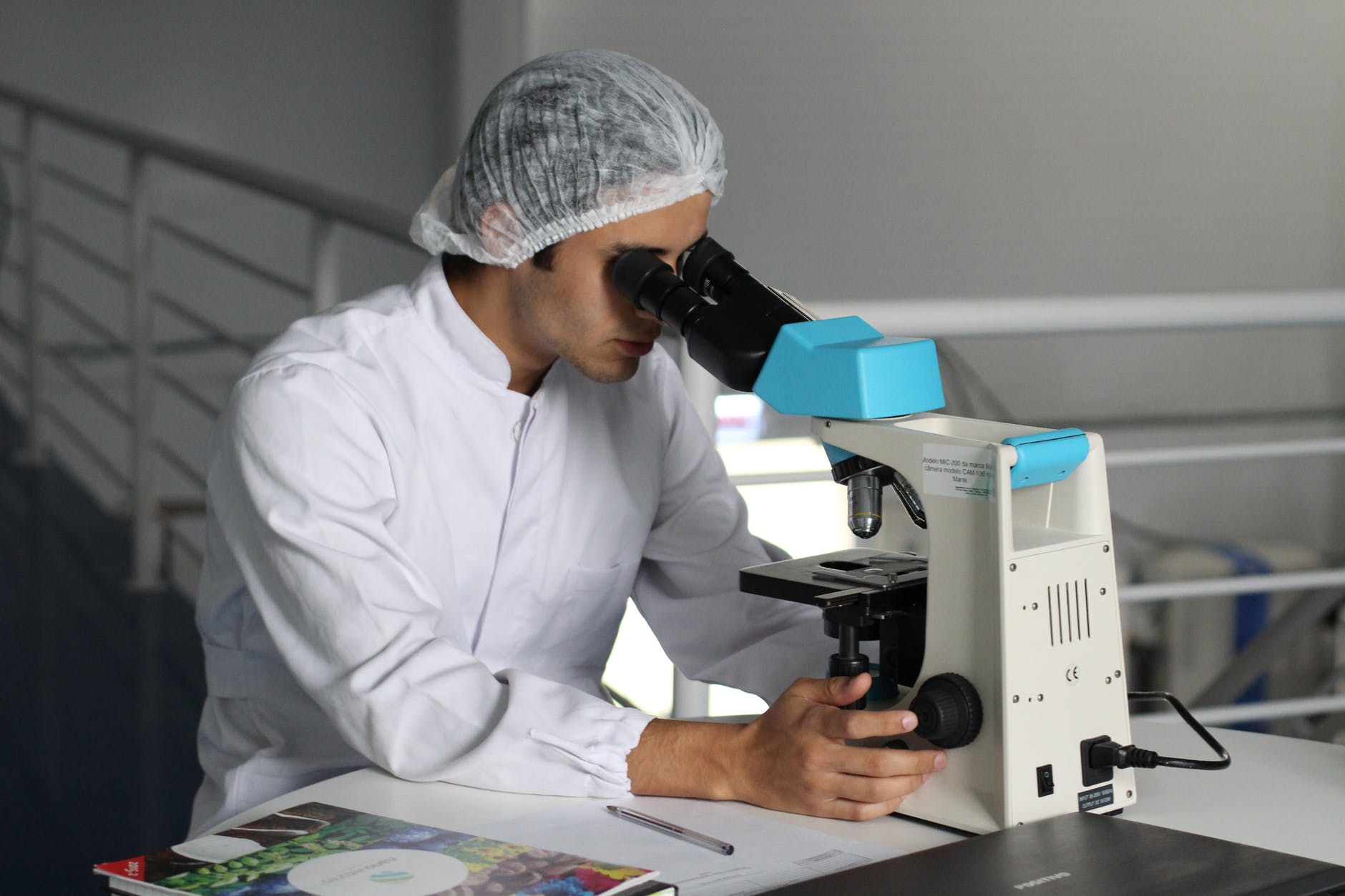After studying biomedical science, you may have a lot of options available to you depending on your interests.
You can go into research, become a doctor, work in the pharmaceutical industry, or go into teaching, public health, or bioinformatics.
You can also use your knowledge to help people in your community by working in a hospital or clinic.
No matter what you decide to do, you can use your knowledge of biomedical science to make a difference in the world.

1. What is biomedical science?
Biomedical science is the study of the human body and its systems. It includes the study of how the body works, how it responds to disease and injury, and how to develop new treatments and therapies.
Biomedical science is a rapidly growing field, and there are many exciting career opportunities available for those with the right skills and training.
Typically to study biomedical science, you must enrol on a BSc degree for three years in biomed, biochemistry, or healthcare science.
2. What are the career options after studying biomedical science?
There are many career options available to those who have studied biomedical science.
Some people choose to work in research, either in academia or in the private sector. This is usually the majority of biomedical science graduates.
A minority of graduates go into healthcare, working as doctors, nurses, or other medical professionals.
There are also many opportunities for biomedical scientists in the pharmaceutical industry, to work on the development and production of new drugs.
An even smaller minority of graduates choose to change fields or get more specific by studying postgraduate courses or getting employment in fields like microbiology, public health, bioinformatics, engineering, and neuroscience.
3. How can you leverage all your options after studying biomedical science?
After studying biomedical science, you have a lot of options, and the best way to leverage them is by finding employment either straight after graduating or after a postgraduate course.
This is because employers typically like hiring students fresh from university as they are the easiest to teach and help develop skills.
It also means the rigour and work ethic involved in academia can be transferred into the work environment immediately with no loss to long holidays and low-skill work.
A biomedical science graduate need not only apply to biomedical science jobs after graduating.
The skills in numeracy, communication, and conveying complex information, can all be applied to jobs like bioinformatics, lab work, data processing, and plenty of other non-biomed jobs!
A biomed graduate can easily find work right after graduating and earn similar to the starting salary of junior doctors (around £32,000) just in their first year after graduation when cards are played right.
It’s all about having the confidence to apply for roles your peers may otherwise overlook as difficult and beyond their knowledge and expertise.
4. What are the benefits of pursuing a career in biomedical science?
There are many benefits to pursuing a career in biomedical science. One of the most important benefits is the potential to make a difference in people’s lives.
Biomedical science is a field that is constantly evolving, and new discoveries can lead to new treatments and cures for diseases.
Biomedical scientists also have the opportunity to work in a variety of settings, from research laboratories to hospitals.
The degree is truly versatile and what you can achieve all depends on your personal skills and interests.
Another benefit of pursuing a career in biomedical science is the potential to earn a good salary. Biomedical scientists with advanced degrees can earn salaries that are comparable to high-earning academics, trainee doctors, and experienced nurses.
While the entry-level baseline of biomedical scientists isn’t spectacular, the most successful graduates typically use their degree to pursue other endeavours such as postgraduate study, PA studies, or a second medical degree.
5. What are the challenges of pursuing a career in biomedical science?
There are many challenges that come with pursuing a career in biomedical science.
One of the biggest challenges is the amount of competition that exists for jobs in this field.
With so many people vying for the same positions, and more and more people graduating every year, it can be difficult to stand out from the crowd.
Another challenge is the ever-changing landscape of biomedical science.
As new technologies and treatments are developed, those working in this field must constantly be learning and keeping up to date with the latest advancements.
This can be a difficult and time-consuming task if continuous research isn’t appealing to you.
Finally, the work itself can be challenging.
Biomedical science is a complex and ever-evolving field, and those working in it must be able to think critically and solve problems quickly.
Depending on your role, you may spend hours analysing results and writing up reviews, or setting up experiments and cleaning laboratory equipment all day.
Summary
The challenges of pursuing a career in biomedical science can be many.
You are required to have a strong scientific background, and the skills to apply this within a flexible schedule. However, you also need a good work-life balance.
Additionally, biomedical scientists may need to be able to work in a variety of settings, including hospitals, research labs, and pharmaceutical companies.
All this doesn’t change the fact that biomedical science is a good degree that may propel you into other industries you may not be totally aware of right now.
Give it a go and see where it takes you. I certainly didn’t regret my decision, despite facing the challenge of wanting to drop out.

![[MacOS Error] – Compressor does not support running in a macos virtual machine](https://cdn-0.ghoopi.com/wp-content/uploads/2023/09/img_6688-150x150.jpg)










